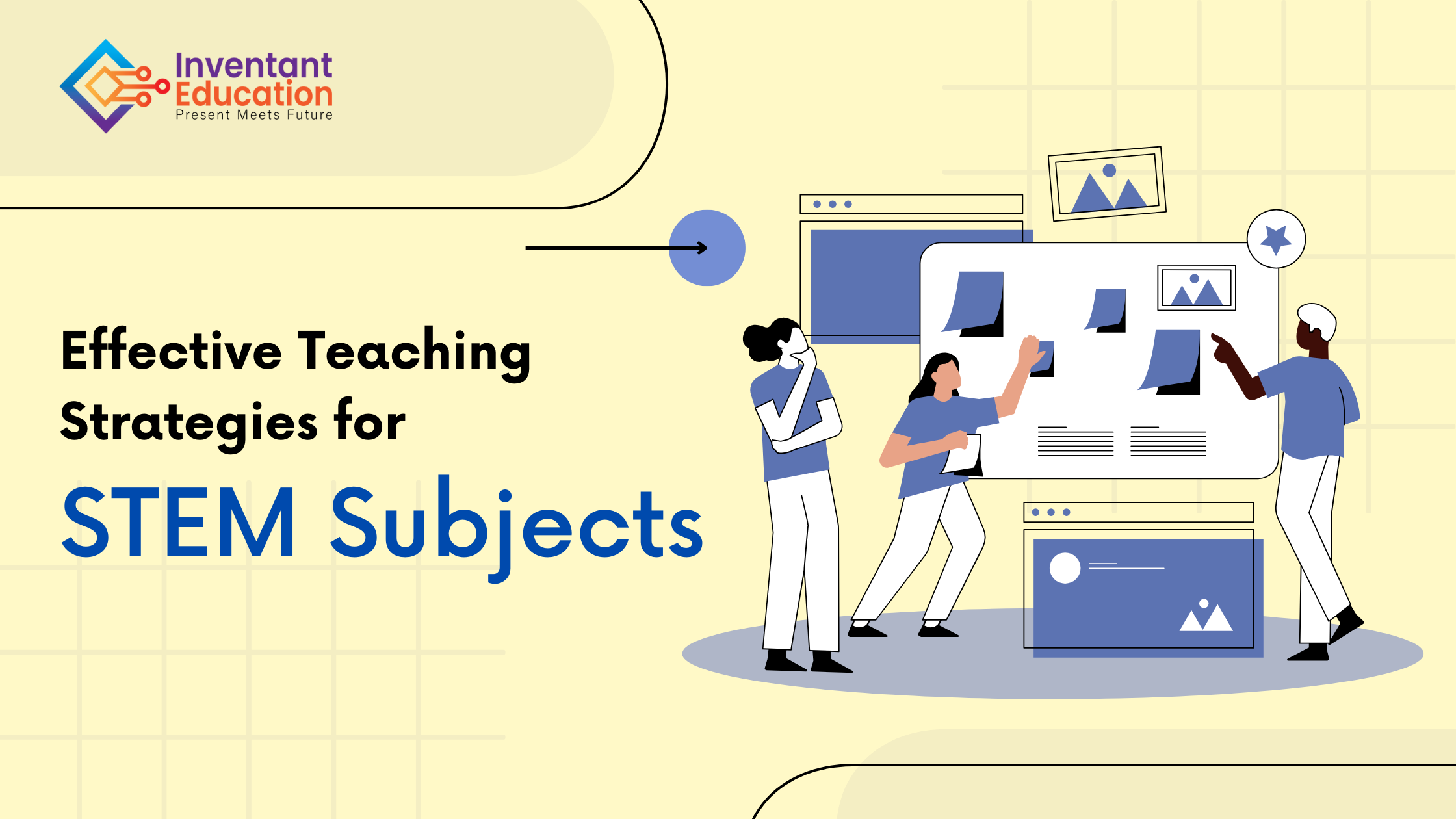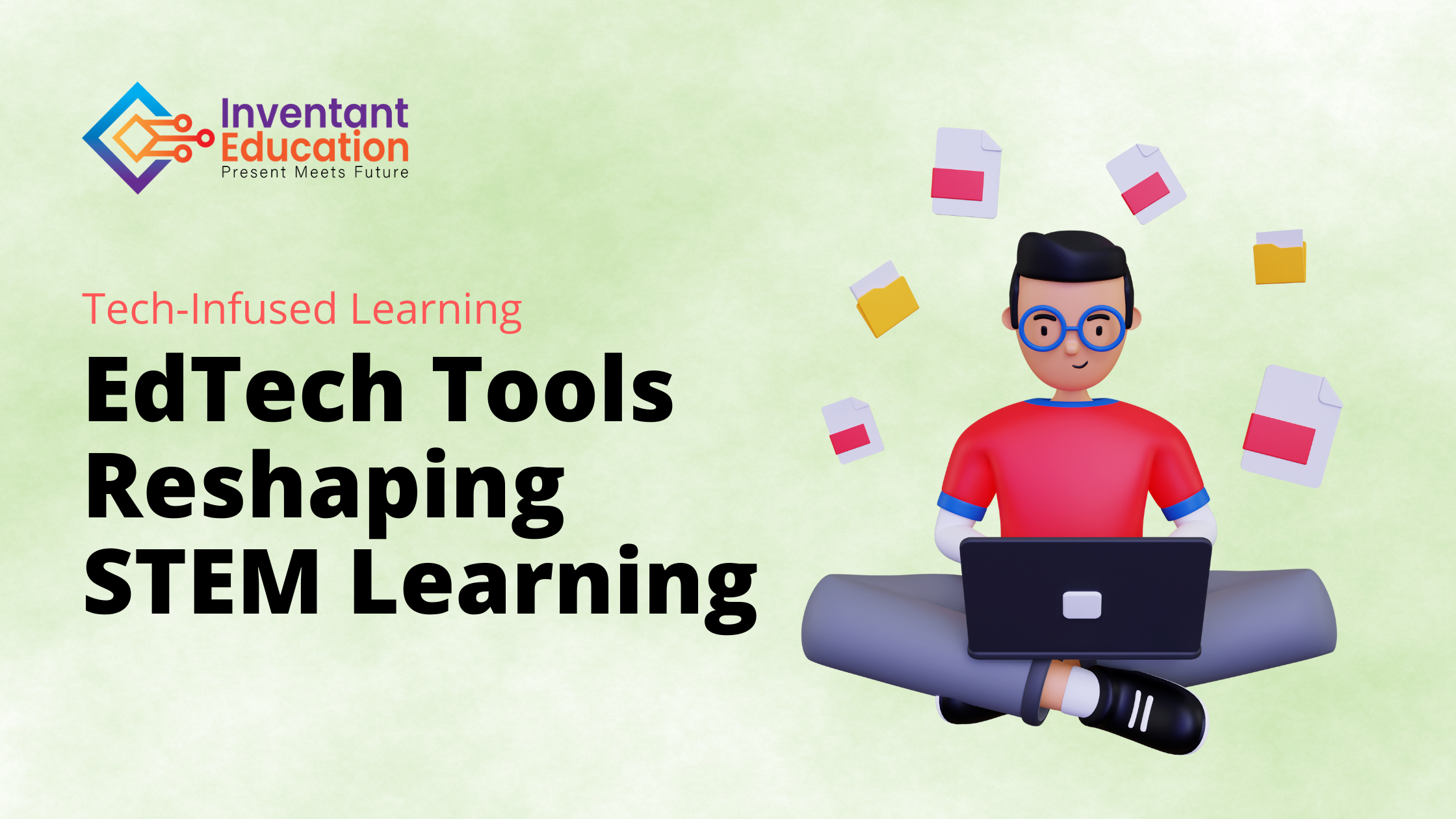STEM EDUCATION IN INDIA
The acronym STEM which stands for Science, Technology, Engineering and Mathematics is a term that is being commonly used in the educational and employment fields and is becoming increasingly integral in the curriculum from early years onward.
STEM Education in India, though a recent development has paved its way through dynamic policies from the government and collaboration with STEM educators to a grow a market that is in demand and unleashes STEM potential to a country that has already raised STEM leaders who are now leading the top tech companies of the world.The ability to learn and upskill oneself to the latest developments in the STEM related fields has become an essential in the job market owing to the realisation that the future of education lies in the dynamic collaboration with scientific advancements of Artificial Intelligence and Robotics that has to be realized by educators and stakeholders alike.
The growing interest to break free from the traditional teaching patterns and incorporate AI based tools to develop systems that can facilitate easy and effective learning has also become an imperative in the Indian education system.With the new NEP policy of the Government, promoting skill based courses such as that of coding, Artificial Intelligence and Robotics has become of utmost relevance. Initiatives by the Government has been a boost to promote the world of STEM in the Indian context, such as in 2020,where the Ministry of Science and Technology,Government of India collaborated with IBM to foster STEM opportunities for girls with initiatives such as Vigyan Jyoti and Vigyan Prasar (Engage with Science) to help create more career opportunities for STEM based jobs in the country.The Atal Innovation mission is another flourishing initiative by the government that fosters creativity,curiosity and design thinking amongst STEM based learners.
The path ahead for STEM Learning in India is the collaboration of latest STEM developments to the rich Indian knowledge paradigm that can foster research and innovation for the growing needs of the social and economic climate of India.The numerous challenges that the country encounters ranging from growing unemployment,access to healthcare, social bifurcations due to gender,caste and other factors and climate instability can be tackled through stewarding the STEM resources wisely and bridging the gap between policies and its rightful implementation.Nurturing STEM Education from early years in schools has therefore become an imperative in paving the way for relevant and skillful learning in the Indian education system. Collaboration between educational institutions and industry is crucial to align STEM education with real-world applications. To supplement classroom learning, there is a growing emphasis on extracurricular STEM activities such as robotics competitions, science fairs, coding clubs, and hackathons that fosters practical learning amongst learners.
Some key components of Implementing STEM in the Indian context are:
Curriculum Integration: Indian educational boards, such as the Central Board of Secondary Education (CBSE) and various state boards, have incorporated STEM subjects into their curricula. These boards encourage schools to offer STEM-based courses and extracurricular activities to enhance students' exposure to these fields from an early age.
Technical and Vocational Education: Alongside traditional academic STEM education, India also promotes technical and vocational education and training (TVET) programs. These programs aim to equip students with practical skills in STEM-related fields to meet industry demands.
Research and Innovation: India is increasingly focusing on research and innovation in STEM fields. The government has set up various research funding agencies, and several startups and research organizations are contributing to technological advancements in areas such as artificial intelligence, biotechnology, and renewable energy.
However, Despite the progress, there are challenges facing STEM education in India. These include a shortage of qualified STEM teachers, outdated teaching methods, inadequate infrastructure, and a gender gap in STEM participation that needs to be addressed.
In summary, STEM education in India is evolving to meet the demands of a rapidly changing world. With government support, curriculum enhancements, and a growing emphasis on research and innovation, India is making strides in preparing its workforce for a technology-driven future.We at Inventant Education, India’s first STEM focused publisher join hands with this vision of building a future driven, STEM ready India that has the potential to bridge gaps that exist and weave a sustainable STEM driven future for our learners.
.png)

.png)
